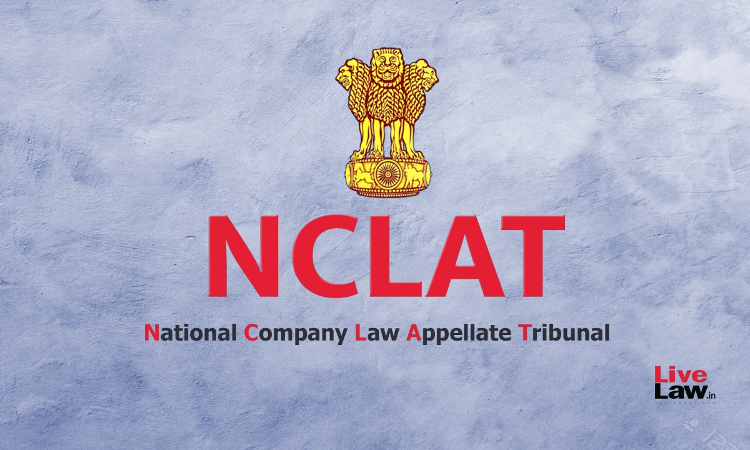Power Of Recall Limited To Procedural Errors, Not Rehearing For Judgment Review: NCLAT Principal Bench
Rajesh Kumar
10 Sept 2024 9:11 AM IST

Next Story
10 Sept 2024 9:11 AM IST
The National Company Law Appellate Tribunal Principal Bench, New Delhi of Justice Yogesh Khanna (Judicial Member) and Ajai Das Mehrotra (Technical Member) has held that the power of recall does not grant the NCLAT the authority to rehear a case in order to identify any apparent error in the judgment, as that falls within the scope of a review. The bench held that the power of recall...
